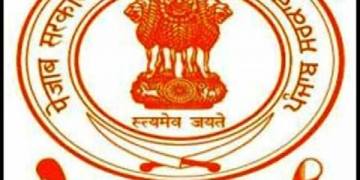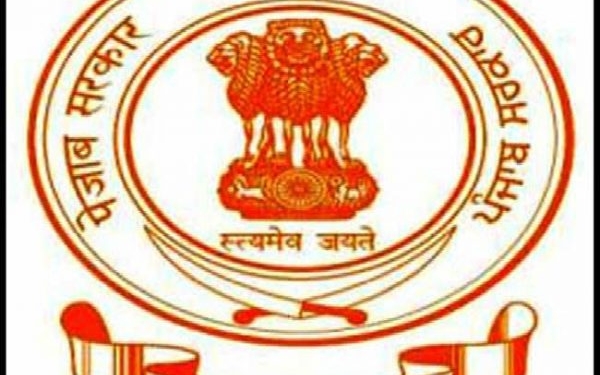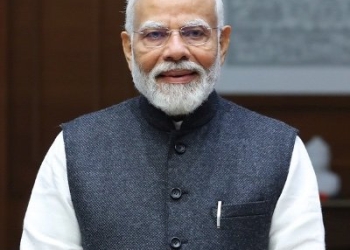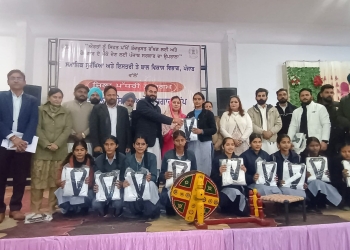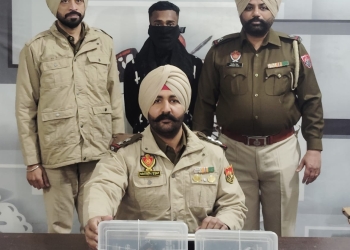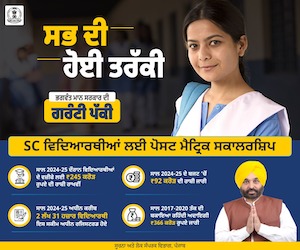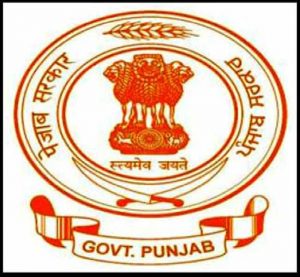
SC REFERS MATTER TO LARGER BENCH
Chandigarh, August 27 (wishavwarta):-The Captain Amarinder Singh led Punjab government’s efforts to push up the weakest sections of the Scheduled Caste category through preferential reservation in job quotas got a boost on Thursday with a Constitution Bench of the Supreme Court recognizing the state’s right to enact a law for such reservation, referred the matter to a Larger Bench for re consideration.
The apex court, in its judgement in State of Punjab Vs. Davinder Singh & Ors. has noticed and accepted the Punjab government’s right to make further classification within the Scheduled Castes to provide preferential reservation in job quotas, according to Advocate General Atul Nanda.
The law under consideration was the Punjab Scheduled Castes and Backward Classes (Reservation in Services) Act, 2006, Section 4(5) of which provides that 50% of the vacancies of the quota reserved for Scheduled Castes in direct recruitment shall first be offered to Balmiki and Mazhabi Sikhs.
This provision was held to unconstitutional by the High Court in light of a 2005 judgment of a 5 judge Constitution Bench of the Supreme Court in E.V. Chinnaiah v. State of A.P. & Ors., which held that further sub-classification amongst the Scheduled Castes was not permissible.
In its judgement, the Constitution Bench of the Supreme Court, recognised
the power of the State to make further classification within the Scheduled Castes in light of the fact that certain castes within the Scheduled Castes are more backward than the others. It further held that the judgment of the co-ordinate bench in E.V. Chinnaiah requires to be reconsidered by a larger bench in light of the judgment in Indra Sawhney.
The State Government had challenged the order of the High Court and in 2014, a 3-Judge bench of the Supreme Court referred the issue for consideration by a larger bench. The primary question was whether the judgment of the 5 judges Constitution Bench in E.V. Chinnaiah required reconsideration in the light of the exposition of the law laid down by a bench of 9 judges of the Court in Indra Sawhney & Ors. v. Union of India & Ors. wherein the majority held that amongst the backward, there may be some who are more backward and a classification to this effect by the State would be within its power under Article 16(4) of the Constitution of India.
